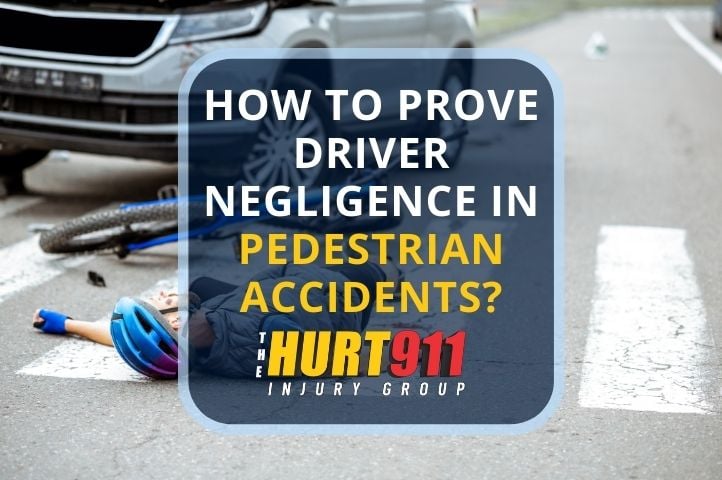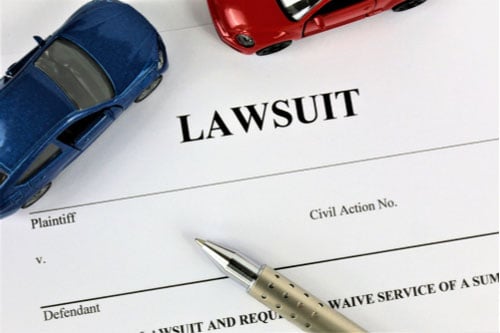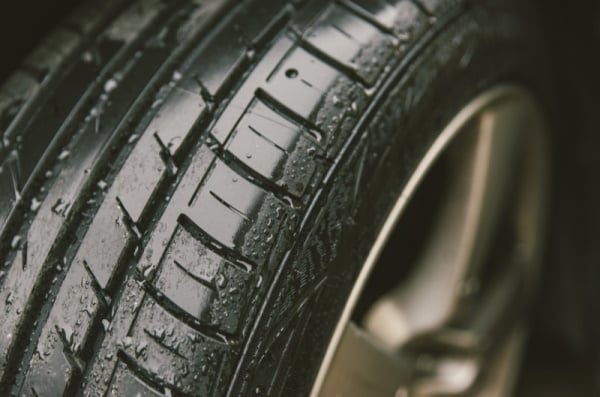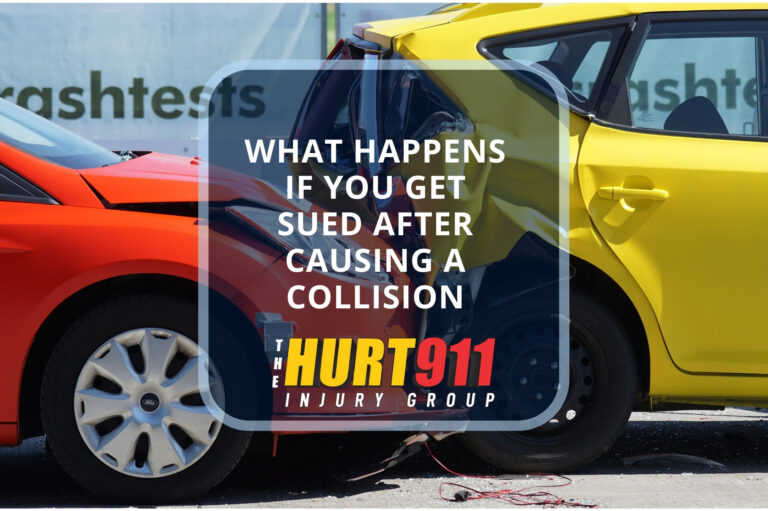Car accident injuries are of various types; some are minor, others severe or catastrophic, and they could also be fatal. A person with a minor injury can recover with little treatment and return to life as they know it. However, when the wound is severe or catastrophic, the people involved would require specific treatment at the best treatment center.
At Georgia Injury Centers, treating accident injury victims and helping them get back to life or semblance of life before the accident is our goal. We understand how devastating car accident injuries can be and are dedicated to making the recovery journeys of accident victims as painless and less traumatizing as possible. But before that, let’s look at common car accident injuries and treatment.
What Are the 5 Most Common Car Accident Injuries and Their Treatment?
Car accidents are quite common in Georgia and the entire United States. In 2019, there were 4.5 million medically consulted injuries in the United States. So what are these injuries and the available treatment options? Below, we look at five of the most common car accident injuries.
-
Cuts, Scrapes, and Broken Bones
These three are the most common injuries from car accidents. Even in minor crashes, you might still suffer cuts and scrapes. Broken bones occur in high-impact crashes. Here, the force from the collisions is usually more than the body can bear, leading to a break in the bone. Broken bones are quite painful and might take time to heal, depending on the type.
Treatment for cuts and scrapes:
- Apply direct pressure to stop any bleeding.
- Wash the wound with soap and water for about five minutes.
- Use a washcloth to wash out any dirt gently.
- Use an antibiotic ointment.
Treatment for broken bones:
This includes immobilizing the bone with a plaster cast or surgically inserting metal rods or plates to hold the pieces together. If the fracture is complicated, the victim may need surgery and surgical traction.
-
Whiplash
Whiplash is common in rear-end collisions. When a car strikes another from behind, the collision force propels the body forward. Since you’re belted down, your body stops, and your neck continues forward until the top of your spine snaps the neck into place. The instantaneous option causes the neck to jolt back and forth. Consequently, the motion affects the cervical facet joints and the tendons and muscles in the neck.
Treatment for whiplash:
- Ice your neck to reduce pain and swelling immediately after the injury.
- Take painkillers or other medications if recommended by your doctor.
- Use a neck brace or collar to add support if your doctor recommends it.
-
Lower Back Pain
Sometimes, a whiplash injury may result in lower back pain. This is because the spine is a connected vertebrae chain. So even if the wound occurs in the cervical spine, you may have pain and tenderness in the lower back. When this happens, sudden, jarring movements may result in discomfort.
Treatment for lower back pain:
Apply ice to your back to reduce pain and swelling immediately after the accident. Do this for 20-30 minutes every three to four hours for two to three days. You can also ice your back after physical activity. It is also important to get a doctor’s opinion if it gets worse.
-
Head Injuries
Head injuries are one of the most common car accident injuries. They happen from a blow to the head caused by flying debris or when the head hits the windshield. In addition to head injuries, a victim may suffer a traumatic brain injury. A head injury can be fatal if not treated timeously.
Treatment for head injuries:
Mild head injuries can be treated with over-the-counter medications, and more severe cases may require surgery.
-
Internal Bleeding
This refers to injuries that affect the organs, specifically the thoracic, abdominal, or cranial cavities. Internal injuries have the potential to be fatal if not treated immediately. Unfortunately, they are not easily detectable, so car accident victims may think they are fine when they may have internal bleeding. Thus, ensure you get a full medical checkup after an accident to rule out this injury type.
Treatment for internal bleeding:
Intravenous fluids and blood transfusions may be given to prevent or correct an unsafe drop in blood pressure. Imaging tests are used to identify the location of the bleeding. You may need surgery to stop the bleeding and clean out pooled blood.
Visit Georgia Injury Centers for the Best Personalized Treatment
At Georgia Injury Centers, we use a personalized approach to deliver to you the best medical treatment. No matter the car accident injury you suffer, our team of specialists will help you get back on your feet as soon as possible. If someone else’s negligence caused the collision, we’d refer you to a team of attorneys who’ll get you financial compensation. So call today to schedule a free consultation.





